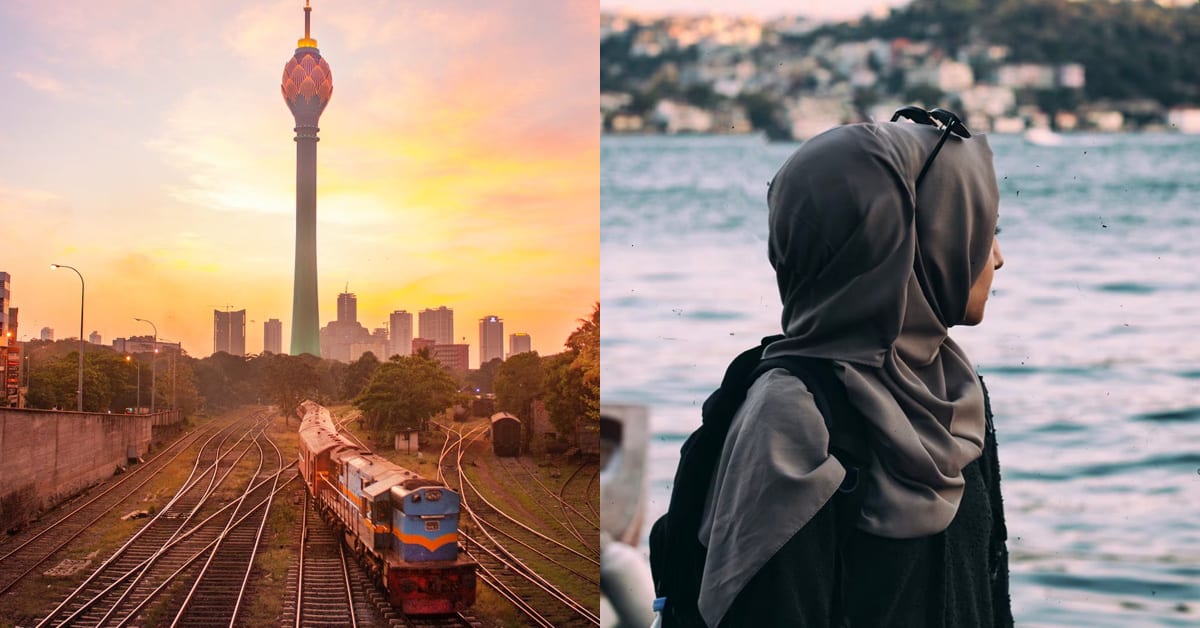Sri Lanka, also known as the “Pearl of the Indian Ocean,” is a beautiful island nation located in South Asia. With its rich history, diverse culture, and stunning natural beauty, Sri Lanka has become a popular destination for Muslim travellers from around the world. The country is home to a significant Muslim population, and visitors can explore a range of Islamic landmarks, including mosques, shrines, and tombs.
Additionally, Sri Lanka offers halal food options, prayer facilities, and other amenities that cater to the needs of Muslim travellers. Whether you’re interested in exploring the country’s ancient ruins, relaxing on its pristine beaches, or immersing yourself in its vibrant culture, Sri Lanka is a must-visit destination for Muslim travellers.
Is Sri Lanka Muslim-friendly?
Is Sri Lanka Muslim friendly?
Yes, Sri Lanka is generally Muslim-friendly. Islam is the third-largest religion in the country, with about 9.7% of the population identifying as Muslim.
There are mosques and Islamic centers throughout the country, and halal food is widely available. However, like any country, individual experiences may vary, and it is always a good idea to research and be aware of local customs and practices when traveling.
Does Sri Lanka have halal food?
Yes, Sri Lanka has halal food available in many restaurants and food outlets. The majority of the population in Sri Lanka is Buddhist, but there is a significant Muslim population as well.
Therefore, halal food is widely available in the country, especially in areas with a high concentration of Muslims. Many restaurants and food outlets in Sri Lanka are certified halal by the Halal Accreditation Council of Sri Lanka (HACSL).
Is Sri Lanka safe for Muslim?
According to the US Department of State, Sri Lanka is generally safe for Muslims. However, there have been incidents of religious tension and violence in the past, particularly in the aftermath of the Easter Sunday bombings in 2019.
It is recommended that travellers exercise caution and avoid large gatherings or demonstrations. It is also advisable to respect local customs and dress modestly, especially in religious sites.
Are there many Muslims in Sri Lanka?
Yes, there is a significant Muslim population in Sri Lanka, accounting for approximately 9.7% of the total population. They are mainly concentrated in the eastern and northern regions of the country.
Is Sri Lanka a good place to live in for Muslims?
Sri Lanka is a multi-ethnic and multi-religious country, and Muslims make up around 10% of the population. While there have been incidents of religious tensions and violence in the past, the government has taken steps to promote religious harmony and tolerance.
Muslims in Sri Lanka have the freedom to practice their religion and there are mosques and Islamic schools throughout the country. It is important to note that like any country, there may be challenges and experiences may vary depending on individual circumstances.
As a Muslim, what should I prepare before travelling to Sri Lanka?
Here are some general tips for anyone traveling to Sri Lanka:
- Check the visa requirements and obtain the necessary documents before your trip.
- Research the local customs and dress modestly, especially when visiting religious sites.
- Pack appropriate clothing for the tropical climate, including sunscreen and insect repellent.
- Bring any necessary medications and a first aid kit.
- Carry a copy of your passport and important documents in case of emergency.
- Respect the local culture and avoid any behavior that may be considered offensive or disrespectful.
- Be aware of the current security situation and follow any travel advisories issued by your government or local authorities.
What is the largest mosque in Sri Lanka?
The largest mosque in Sri Lanka is the Jami Ul-Alfar Mosque, also known as the Red Mosque, located in the heart of Colombo. It was built in 1908 and is known for its striking red and white candy-striped exterior.
The mosque can accommodate up to 10,000 worshippers and is a popular tourist attraction. It is also an important center for Islamic education and community activities.

